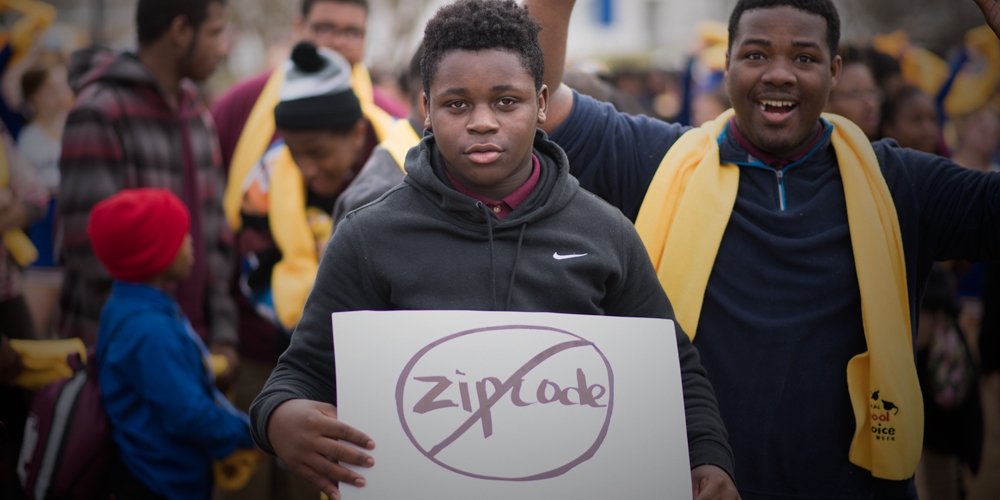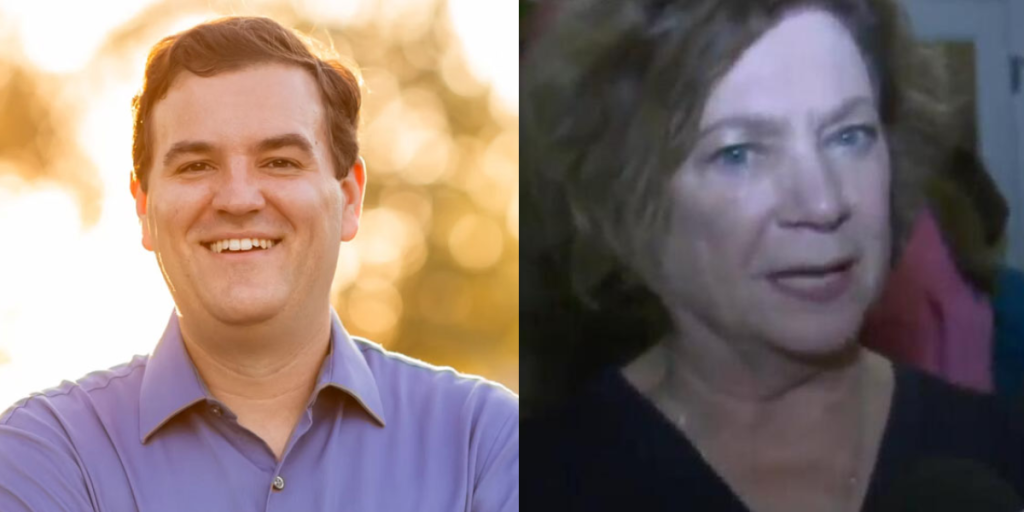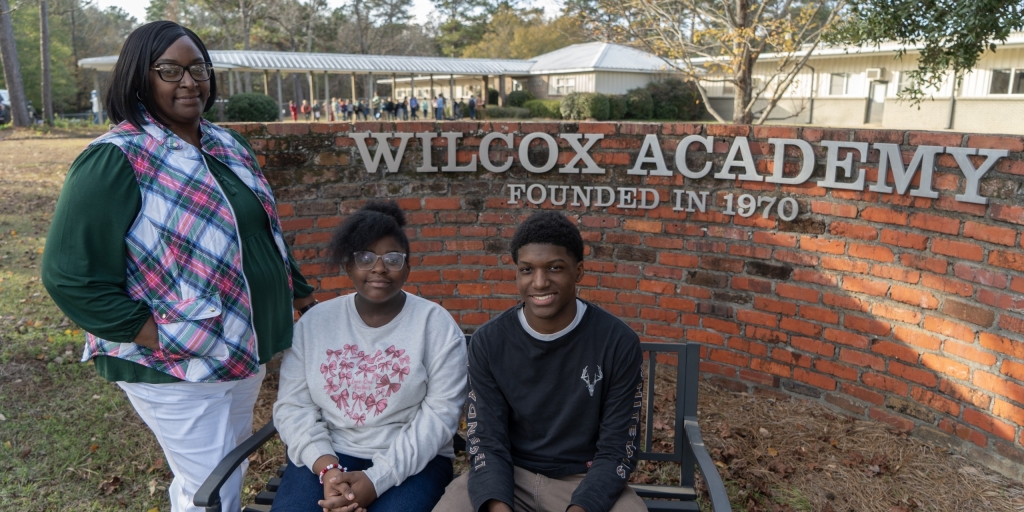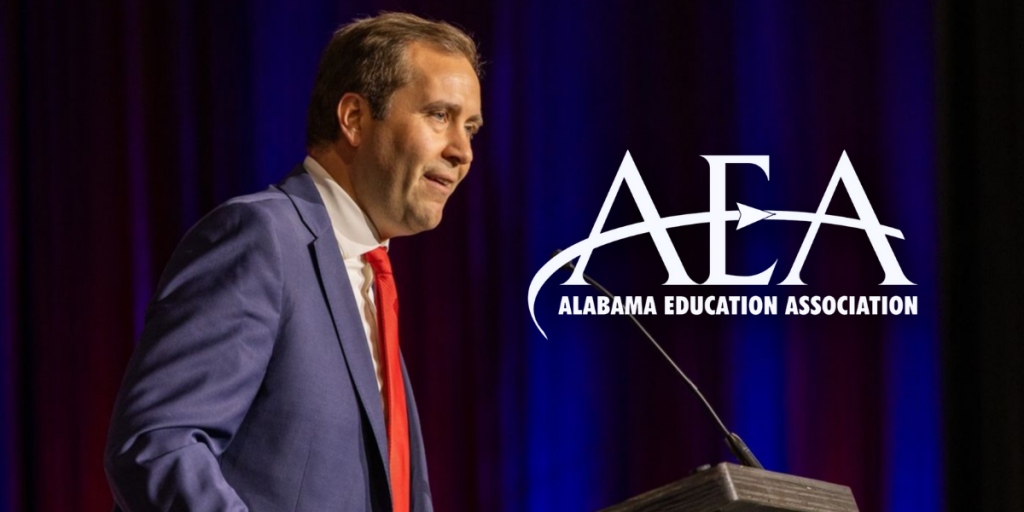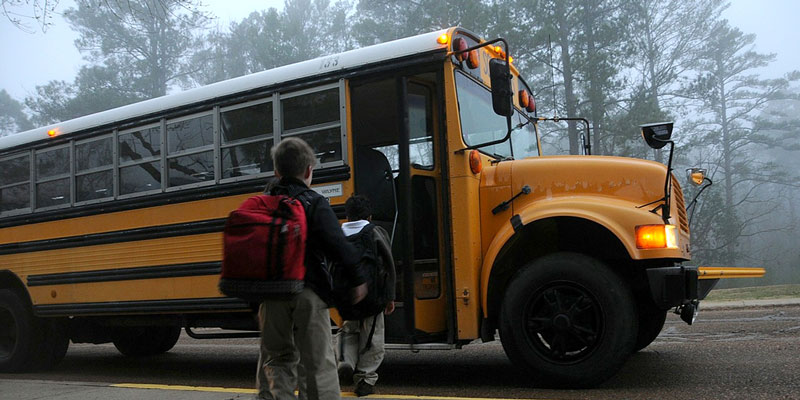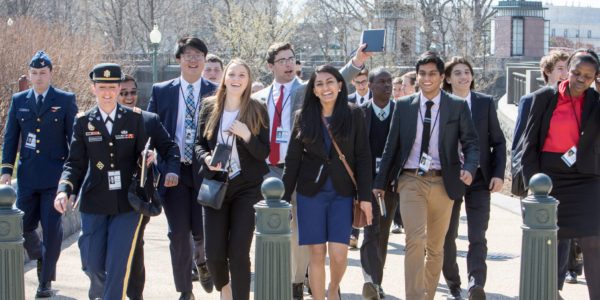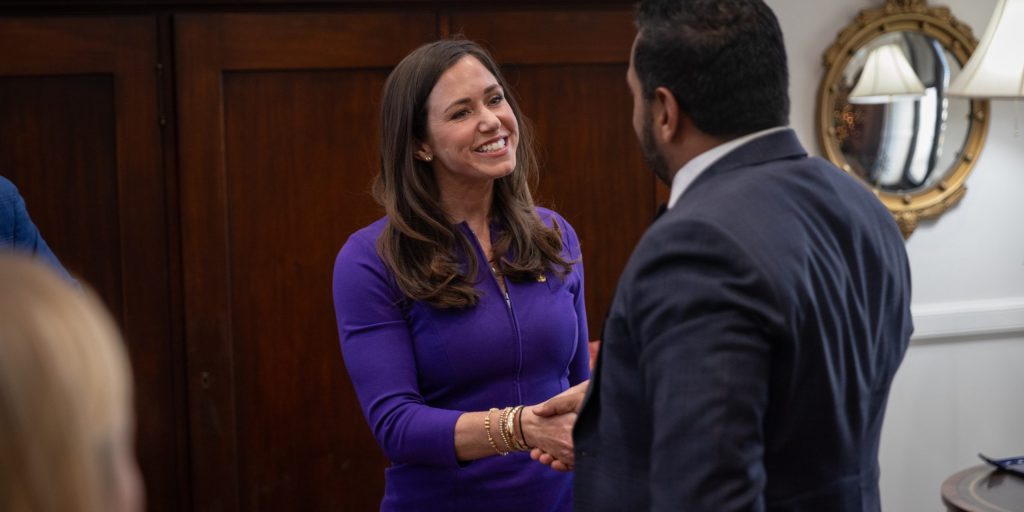School choice is the biggest civil rights breakthrough to occur in Alabama in several decades.
Years from now, historians will look back and recognize that Alabama turned a corner when it implemented the CHOOSE Act and threw open the door of opportunity to a generation of children who were trapped in failing and underperforming schools.
The CHOOSE Act, which stands for the Creating Hope. and Opportunity for Our Students’ Education Act, was passed by the Legislature and signed into law by Gov. Kay Ivey last year, and it allows qualifying students to receive $7,000 annually for an Education Savings Account that may be used for tuition to private, parochial or Christian schools or $2,000 in expenses related to home schooling.
During the first two years, only families whose income is under 300% of the poverty rate — which equates to $93,600 for a family of four — may apply, but in the third year, applications will open to any family that wishes to participate.
Former Secretary of State Condoleeza Rice, who was born in Birmingham, highlighted the lack of quality school options available to many low income families today when she said:
“We have a choice…. If you are of means, you will move to a district where the schools are good and the houses are expensive, or if you are really wealthy you send your kids to private schools. So who is stuck in failing neighborhood schools? Poor kids, a lot of them minority kids.”
Despite the fact that the CHOOSE Act offers immediate relief to low-income families and students trapped in poorly performing schools, Amy Marlowe, the director of the state teachers’ union, has falsely claimed that the program will mainly benefit children from wealthy families, and she wants to roll back its availability based upon bogus beliefs that it somehow harms education.
Rather than continuing to sentence children from low-income families to the indignity of a sub-par education, Marlowe and her union should focus instead on fixing the persistent and endemic problems that cause families to want to leave certain public schools in the first place.
According to surveys, only 44% of parents in Alabama feel satisfied with the education their children are receiving while 76% indicate they support school choice with Education Savings Plans.
Children should not be held captive in a failing school simply because they reside in a specific zip code.
Children who require a specialized learning environment should not be denied it because their zoned school is unable to fill the need.
And we must no longer ignore the fact that our public schools are too often graduating seniors who are unable to read at a proper grade level.
Several states across the country already have robust school choice programs that have been in place for years, and numerous studies have proven that public schools do not experience a mass exodus.
Alabama’s Education Trust Fund Budget, which funds K-12 public schools, community colleges, and four-year public universities, totals $9.3 billion, and the Legislature has allocated $100 million — roughly one-tenth of one percent — to school choice, but that is enough to begin rescuing students who currently have too little hope, too little opportunity, and too few chances to succeed later in life.
In the first year, CHOOSE Act funding will serve about 15,000 students, and it is my hope that parents seeking a better education for their children will claim all of the available funds so the Legislature will be forced to allocate a larger dollar amount the following year.
When CHOOSE Act applications were opened last week, several thousand families from across the state applied on the first day alone, and a steady stream has followed ever since.
The number one priority of elected officials who make decisions about public education must be determining how we can we best teach every child in every class every single day, but a one-size-fits-all approach fails to recognize that each child has unique needs and some respond better to different teaching methods or different learning environments.
That is why many of us believe that school choice offers the best outcome for students while also ensuring that taxpayer dollars are used both efficiently and effectively.
At the same time, school choice allows parents, who know their children better than anyone, to decide which educational path will prepare students to become independent and productive adults.
We must continue supporting our public schools, but we also need the children being taught there to thrive, even if charting a different pathway to success is the only option.
Public schools are making headway, and legislators and other elected officials will continue to implement policies to help all schools and students, but matching children to the best learning environment through school choice is a critical win for all and a major victory for civil rights.
State Rep. Susan DuBose represents Alabama House of Representatives District 45.




